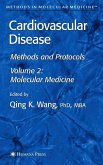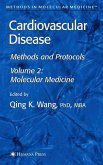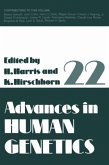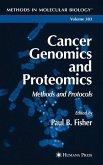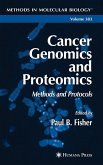Cardiovascular disease is the leading cause of death in developed countries, but is quickly becoming an epidemic in such well-populated countries as China, India, and other developing nations. Cardiovascular research is the key to the prevention, diagnosis, and management of cardiovascular disease. Vigorous and cross-disciplinary approaches are required for successful card- vascular research. As the boundaries between different scientific disciplines, particularly in the life sciences, are weakening and disappearing, a successful investigator needs to be competent in many different areas, including genetics, cell biology, biochemistry, physiology, and structural biology. The newly developed field of molecular medicine is a cross-disciplinary science that seeks to comprehend disease causes and mechanisms at the molecular level, and to apply this basic research to the prevention, diagnosis, and treatment of diseases and disorders. This volume in the Methods in Molecular Medicine series, C- diovascular Disease, provides comprehensive coverage of both basic and the most advanced approaches to the study and characterization of cardiovascular disease. These methods will advance knowledge of the mechanisms, diagnoses, and treatments of cardiovascular disease. Cardiovascular Disease is a timely volume in which the theory and pr- ciples of each method are described in the Introduction section, followed by a detailed description of the materials and equipment needed, and step-by-step protocols for successful execution of the method. A notes section provides advice for potential problems, any modifications, and alternative methods.
Bitte wählen Sie Ihr Anliegen aus.
Rechnungen
Retourenschein anfordern
Bestellstatus
Storno



